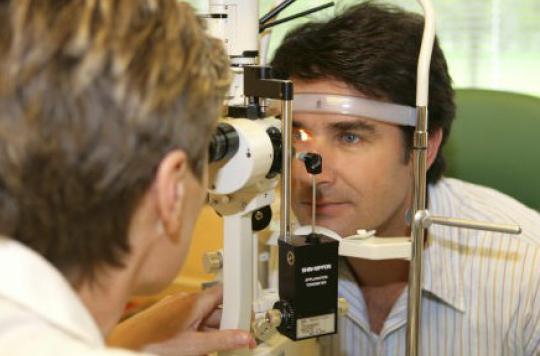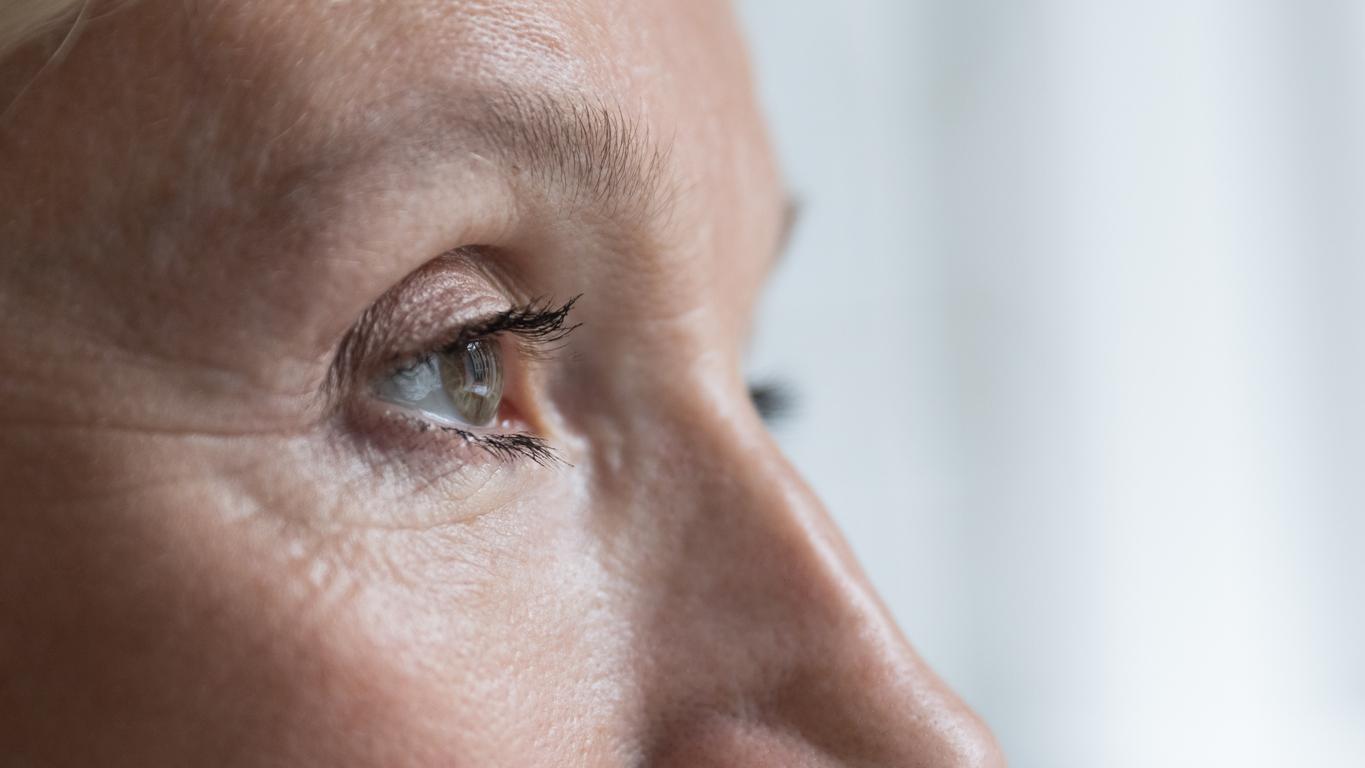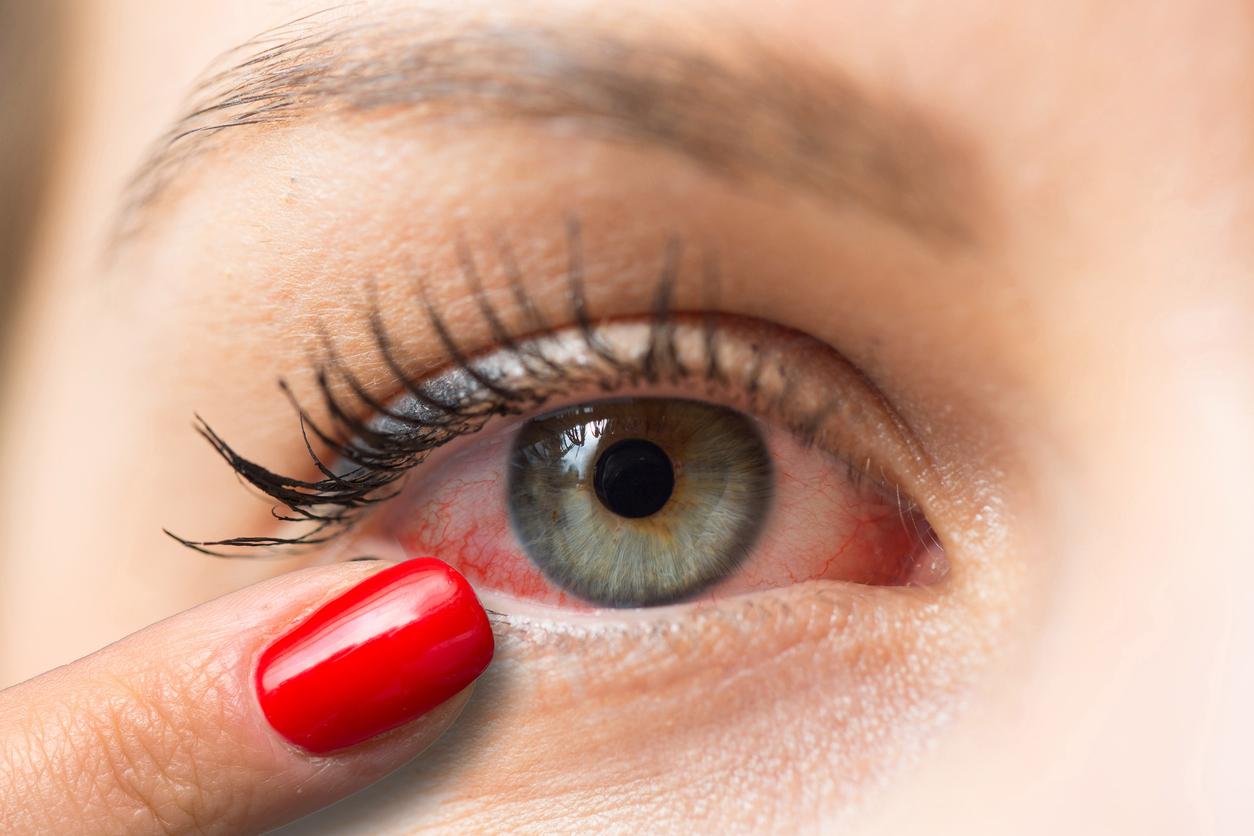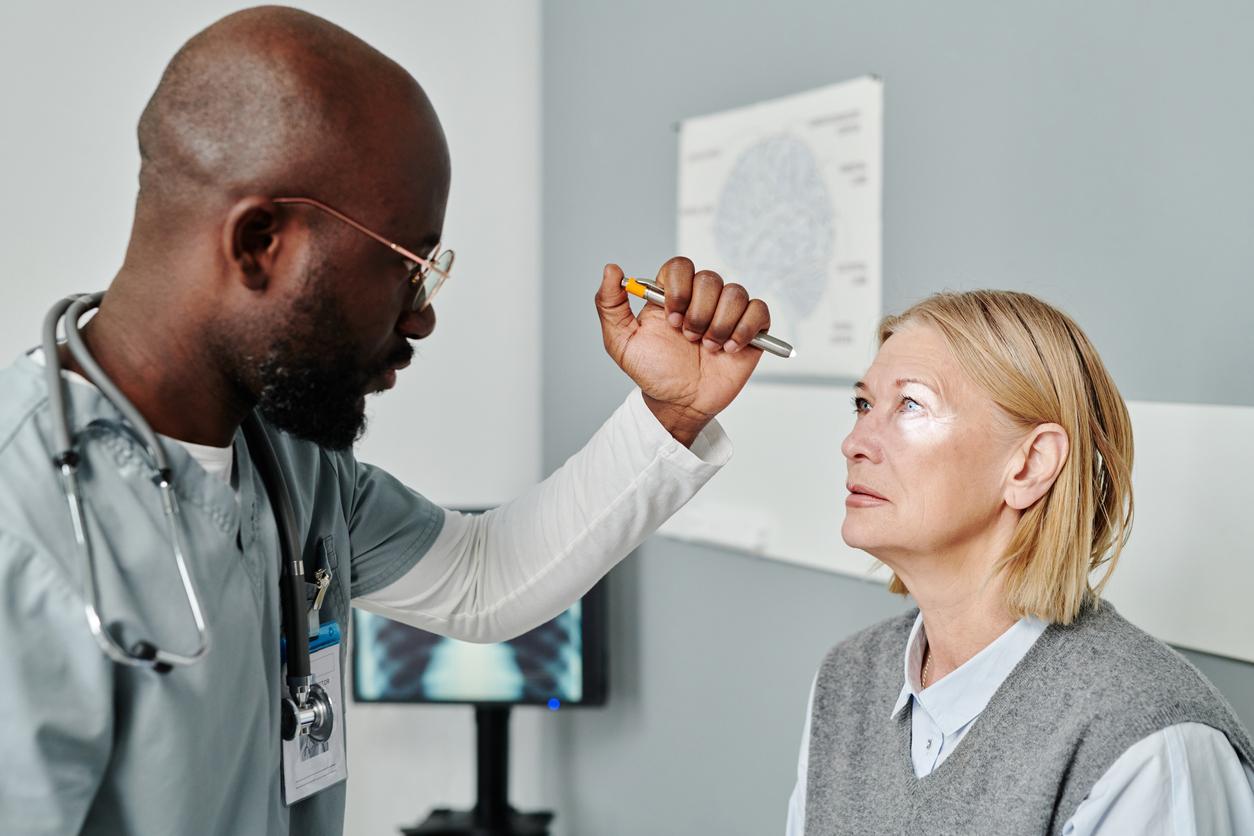Dominique Voynet proposes in a report to broaden the field of competence of orthoptists to alleviate the overloaded agendas of ophthalmologists.

In France, getting an appointment with one of the 5,000 ophthalmologists can turn out to be a real way of the cross. In some areas, it takes even a year in advance to have the chance to see a practitioner. It is to spare thousands of French people from this ordeal that, according to AFP, the Minister of Health, Marisol Touraine, has mandated Dominique Voynet, general inspector of social affairs, to find a solution that will reduce delays.
Thus, the former senator of Seine-Saint-Denis has, for several months, consulted the actors of the visual industry, before presenting about thirty proposals.
The very serious track of orthoptists
Among them, Dominique Voynet proposes to broaden the field of competence of orthoptists, who could thus carry out visual assessments which they will then transmit to the ophthalmos. This delegation of tasks would allow them to have more time to devote themselves to complex pathologies.
According to this proposal, orthoptists would even have the right to “prescribe orthoptic rehabilitation equipment”. However, this prescription would for the most part remain the responsibility of the specialist doctor.
If this idea is rather well received by professionals – it has moreover already been tested in certain regions, in particular Sarthe -, another avenue proposed by Dominique Voynet could, for its part, be more controversial. Opticians, already authorized to renew glasses under certain conditions, could be authorized to adapt and renew lenses.
In addition, “ophthalmological poles” should be created in order to better organize cooperation between all these professions.
Eye care professionals fall into three categories:
Ophthalmologist: this is the doctor responsible for treating eye diseases. He has the ability to diagnose vision problems and to make therapeutic or technical prescriptions.
Orthoptist: he is responsible for screening, re-educating, and rehabilitating the eyes after various visual disturbances. Considered the “eye physiotherapist”, he is able to reduce strabismus syndrome and convergence problems.
Optician: highly qualified professional in eye care, he is also trained to help us see better by helping us choose the means best suited to our sight (glasses, lenses, etc.). Some of them make their own glasses.
.















